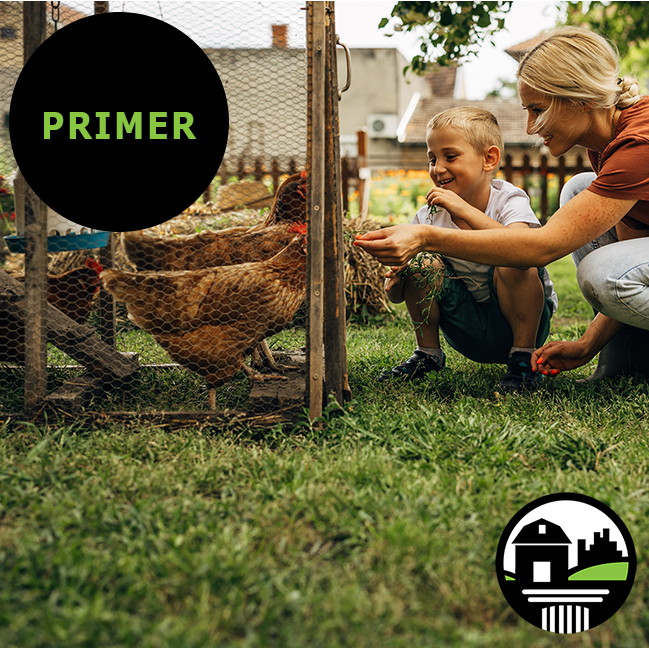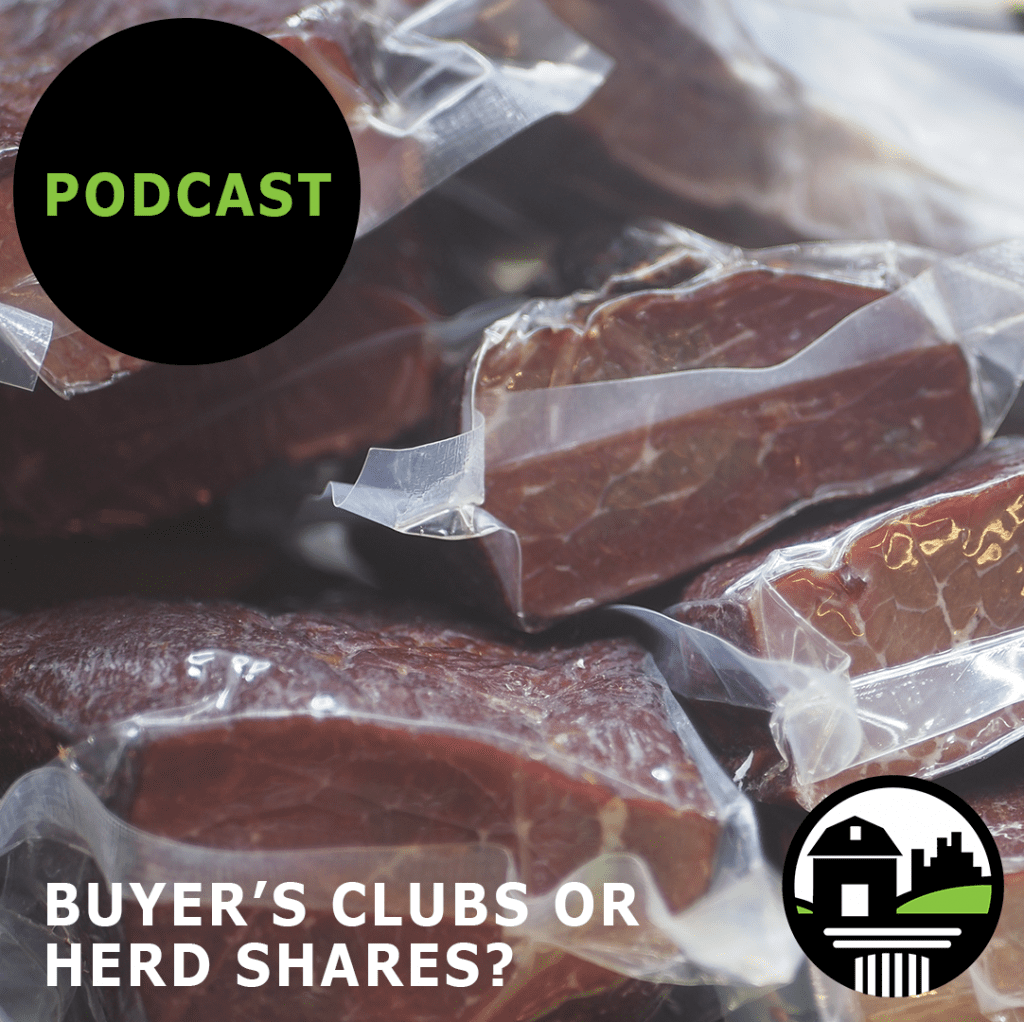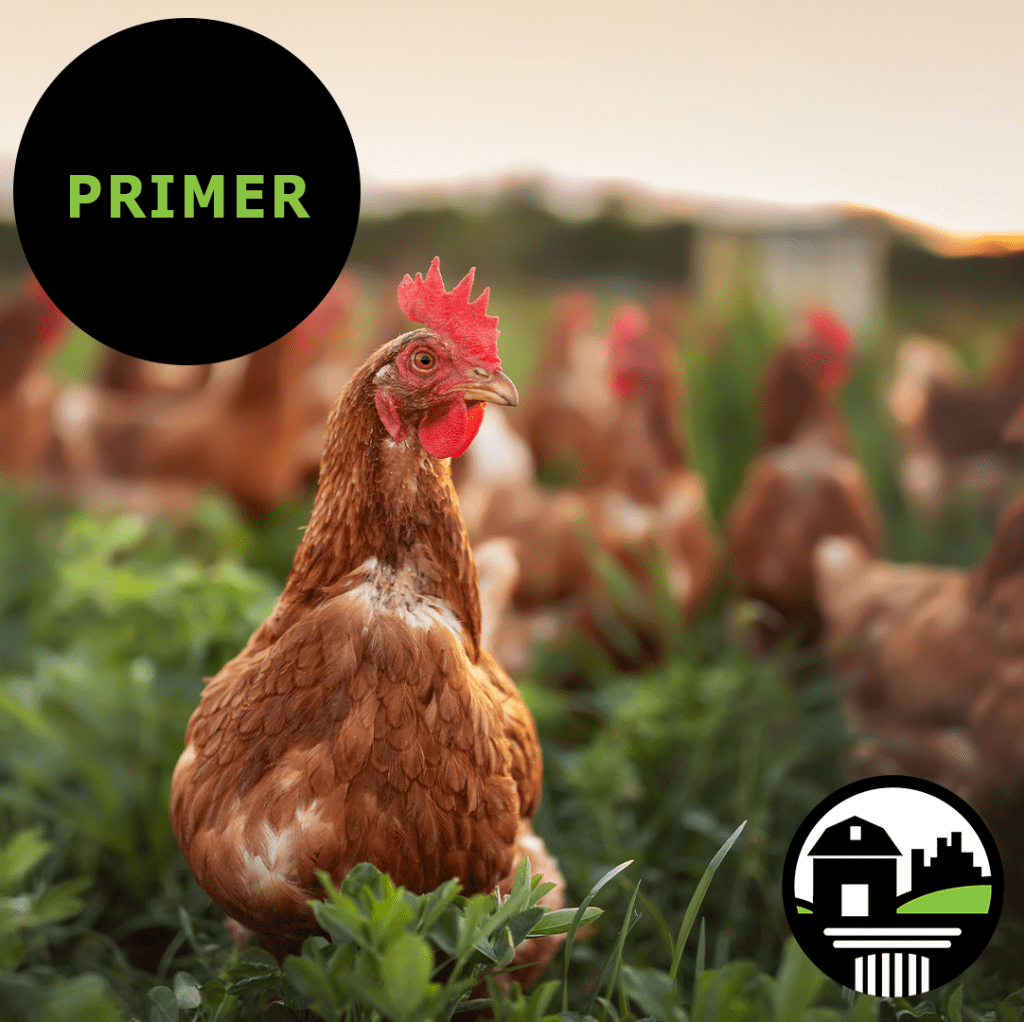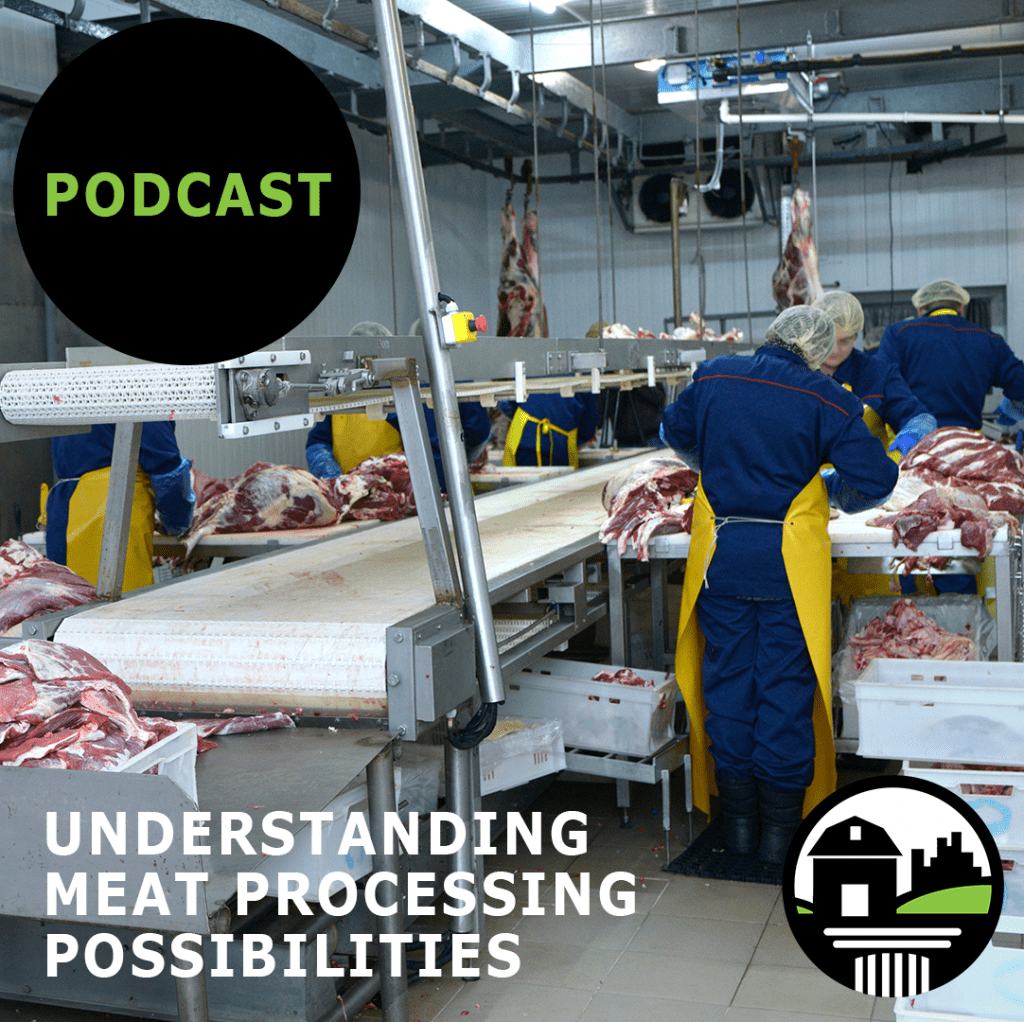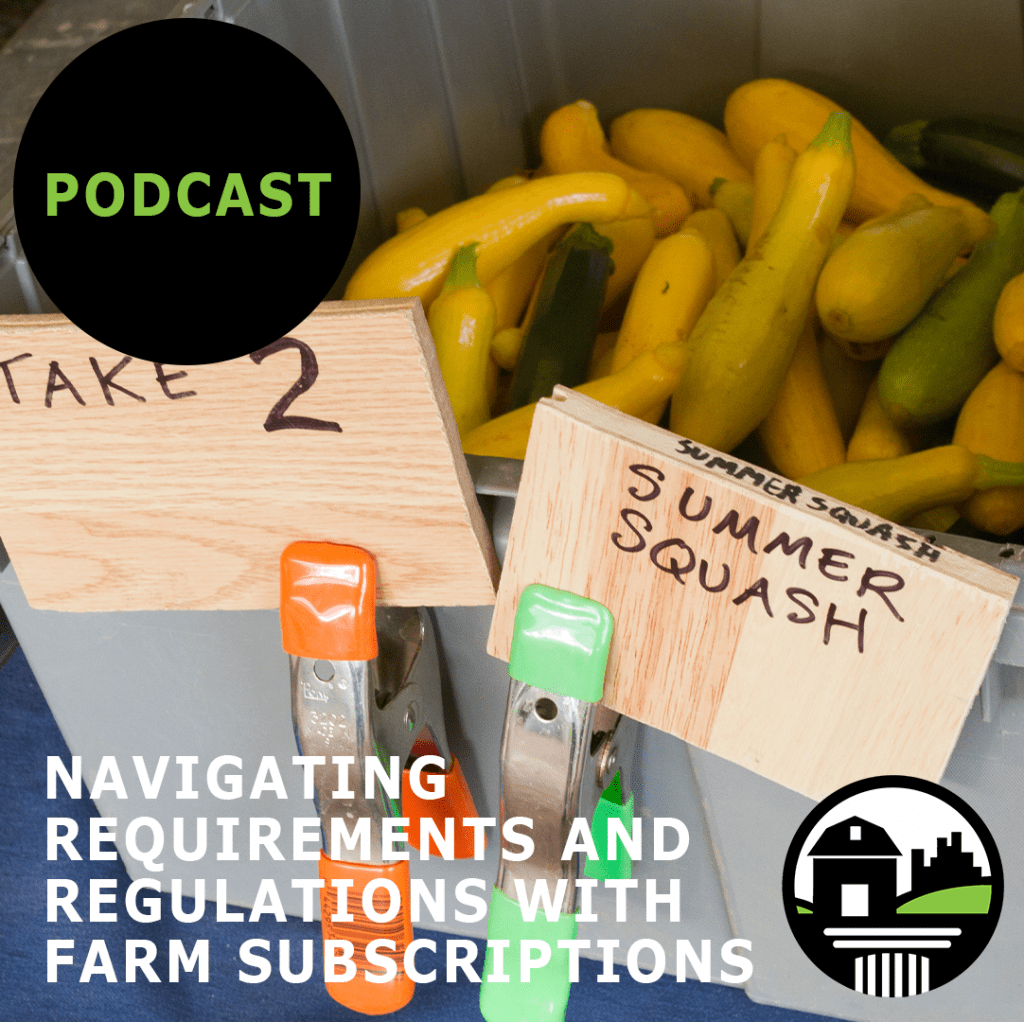Introduction to Zoning & Local Ordinances Property zoning and local ordinance requirements, applicable to agricultural and food production uses, often prove to be among the most challenging issues our farmer and producer members face. When assessing your future business goals, it is a good idea to begin by examining your local municipality’s zoning and other […]
Resources
Farm Legal Podcast Series #9: Buyer’s Clubs or Herd Shares?
We partnered with Barn2Door to produce a podcast series that helps independent farmers and ranchers navigate the legal challenges they often face. In this episode, Alexia and James discuss the legal nuances of selling though Buyers Clubs and Herd Share formats.
Egg Production Legal Primer
Laws and regulations addressing egg sales for small producers are governed at the national level by the Federal Egg Rule. Many states further restrict or regulate egg production and sales to address key areas of production including safety, registration, grading, and more. This primer will offer an overview of the federal rules and then address the various […]
Farm Legal Podcast Series #8: Understanding Meat Processing Possibilities
We partnered with Barn2Door to produce a podcast series that helps independent farmers and ranchers navigate the legal challenges they often face. In this episode, we discuss the three processing options for independent producers: USDA Certified, State Processors, and Custom Processing Facilities. We also discuss the general legal factors to be aware of when processing […]
Farm Legal Podcast Series #7: Navigating Requirements and Regulations with Farm Subscriptions
We partnered with Barn2Door to produce a podcast series that helps independent farmers and ranchers navigate the legal challenges they often face. In this episode, we focus on the legalities of CSAs, herd share subscriptions, and meeting local requirements and regulations involved in selling food on a recurring basis.
